The Food Interviews Series: Chef Mauro Colagreco of Mirazur
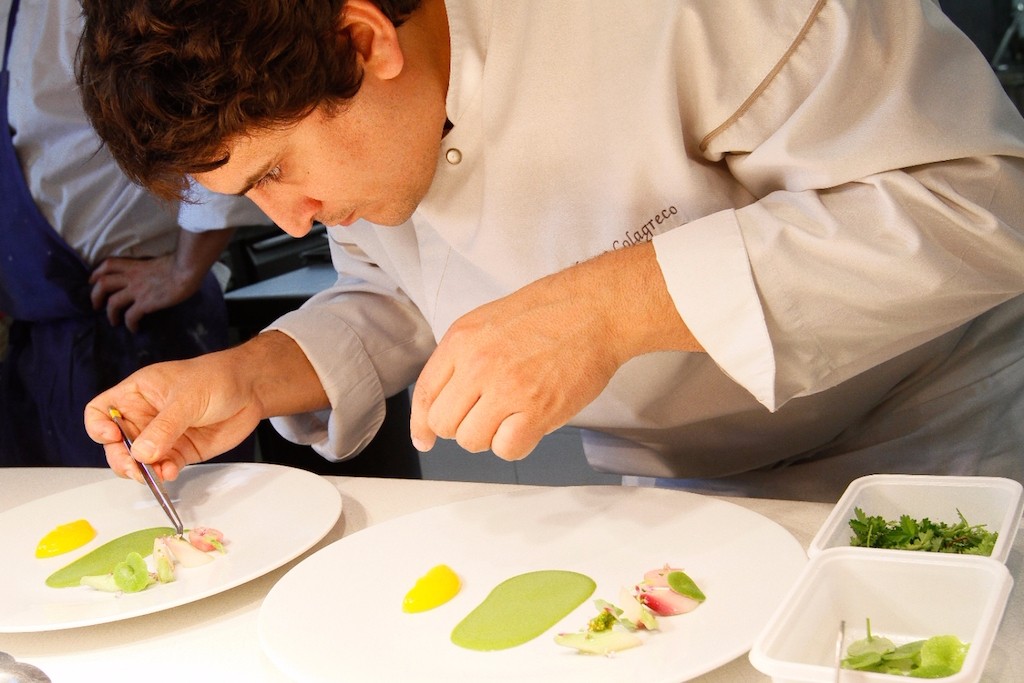
Last week at the World’s 50 Best Restaurants ceremony in New York, Mirazur moved from 11th to sixth place on the list. As the restaurant celebrates its ten-year anniversary in 2016, chef Mauro Colagreco talked to The Upcoming about his very special way of celebrating, his multicultural menu and how the location of the restaurant contributes to the dining experience.
Mirazur is an idyllic place, nestled between breathtaking mountains and the Mediterranean sea – and the building itself is a masterpiece of 1930s architecture. How important is this setting to the culinary experience at your restaurant and what does it contribute?
When you go to a high-quality restaurant, you don’t only expect to eat excellent food you also go for an experience. Mirazur is, as you put it, an idyllic place: there are few places in the world where you have this contrast between the sea right in front of you and the mountains behind you. It is a true immersion into the setting, in the scenery just as much as in the food, because our cuisine always goes back to the three foundations of my cooking: the sea, the mountains, the gardens. The client is submerged in this full experience – yes, the setting is extremely important.
You are an Argentinian chef working in the South of France, very close to the Italian border, another country you feel close to. How does your muse, the Mediterranean, influence the identity of Mirazur?
So, Mirazur is truly caught between two great cultures: there is France on one side and Italy on the other, both of them with important culinary cultures and very strong presences. We have this sea, the Mediterranean, but we also have the mountains, which are not “less Mediterranean”. And amidst all this, there is an Argentinian! So it’s true that the soil is the same, it doesn’t change because you cross the border on the French or Italian side. The sea stays the same, as do the mountains and everything else. But despite this, the cuisines are different. You get different products, different ways of working the produce, and not being French or Italian I have had great freedom to go on either side of the frontier without prejudice. It is a cuisine of liberty, without borders.
Would you say you have a multicultural menu?
Of course, it’s definitely a multicultural cuisine – also because, for example, there were 14 different nationalities in my team last year. So certainly, all this results in the general Mirazur experience being imbued with very diverse cultures: in the food, in the wine, in the service. But it’s above all our interpretation of the terroir – an obviously open interpretation, with no borders – that explores local produce.
How important is it for you to have fruit and vegetables grown in your own garden? How do you think that affects your cuisine?
People always say our vegetables are still living on the plates. It’s like with fish, actually there’s even more freshness in vegetables. When you cut a vegetable and cook it immediately there is another taste, another virtue, all the nutritional values are there. Having an orchard at 300 meters from the restaurant obviously helps. Especially with vegetables, the products are subject to dehydration after they have been cut, all the life gets lost and evaporates. At our restaurant all vegetables are served only moments after having been cut.
You have a unique approach to the cooking experience: you combine the simplicity of a back-to-basics approach (home-grown garden) with experimentation and very sophisticated dishes. Where would you place your cuisine in today’s food scene?
I would define it as a very personal cuisine, you cannot compare it to any other. It’s my cuisine. Maybe this is the effect, as I said before, of being at a frontier and making it disappear with my story and my origins. It’s certainly a simple cuisine, but there is a lot of work behind it, and we try to erase all this work and technique. We try to make the chef disappear and give homage to the products.
How does your collaboration with your gardener Laure influence your dishes?
First of all, my collaboration with Laure is one of over six years. It’s true that, at the beginning, it was very clear for me what I wanted from our orchard. She had already worked creating orchards for private use, but she had never worked with a chef. We got to know each other, she started to understand what I wanted and, you can imagine, an orchard isn’t something you can put together in a year – it took us a lot of time. Today I can say Laure is really one of the pillars of our team.
Are we to expect any shifts or novelties to Mirazur’s menu in the coming years?
Mirazur is quite unique because we don’t have a defined menu. People come here and they don’t have a pre-established menu, they have no idea what they are going to eat. What enriches our menu are the vegetables we pick in our orchard, the products we get delivered by little regional producers, the fishing boats that bring us certain kinds of fish. All this constitutes the day’s menu, and very few dishes stay on it for a long time. Most dishes just stay for a few days because the product is available for just a few days too! It is a cuisine of constant creation. Now, for example, it is the season of little baby calamars, so we’re working on a recipe in which we manipulate them to give them a very interesting texture. Right now I’m working on this and I hope the recipe will very soon be one of our menu’s dishes.
Does social media influence the way you run your restaurant? Do you ever feel the pressure of creating “instragrammable” dishes?
No. Social media is certainly a very important vehicle of communication but, especially for me, I do this for my pleasure and the pleasure of others. This pleasure, I give it to the people who come to taste my dishes at my restaurant. Afterwards, there are of course means of communication, but it doesn’t change anything in my way of approaching cooking.
You’ve recently filmed Top Chef for an Italian channel. How did that go? Did you already know Moreno Cedroni? He’s one of our favourite chefs.
Yes, Moreno is a friend and someone I already knew. He is very well known and we had crossed paths with each other at all the gastronomical salons. We had always had a great mutual feeling [for each other], but now, after having shot Top Chef together for almost a month and a half, he’s become a very good friend of mine.
So it was an interesting experience, this television show?
Yes, it was a completely different experience from my everyday work in the restaurant, and above all a very interesting human experience for me.
2016 is the ten-year anniversary of Mirazur. First of all, congratulations on this amazing accomplishment. To mark this date, you have invited ten chefs from around the world to create a unique dinner. Can you tell us a bit about this way of celebrating?
To get to our ten-year anniversary here at Mirazur, if I look back it is almost a miracle. I opened without much money, alone, with a restaurant that had been closed for four years, in a region where there are many high-level venues, so it was a very risky bet and the first years were very hard. So I wanted to celebrate getting to ten years the proper way, a bit like a “gypsy marriage”, so we decided to celebrate the whole year long. What would have been better than inviting friends and colleagues to celebrate with us, good friends I have known for years, or chefs that have somehow marked the history of Mirazur’s first ten years?
These exceptional ten-course tasting menus will be these chefs’ personal interpretations of the Mirazur triad, Sea-Mountain-Gardens. What are your thoughts on the menus already created by David Kinch and Rene Redzepi, and your expectations for those still to come?
Regarding David Kinch, who was the first, he is a real friend, he’s a brother. He was there when we first opened and he came to Brazil to celebrate my marriage. He’s dined at Mirazur several times already, and so have I at his restaurant, so to open these ten dinners with him was a great feeling. It was important for me that he be the first. Not only is he a friend, but I am also a great admirer of his cuisine, his work on the vegetal world, and the oriental, almost Japanese-inspired finesse you can find in his food is beautiful. With René, same thing: we have travelled many times together. I see a bit less [of him] than David, because René is very busy, but the gift he gave us of finding the time to come celebrate with us was truly unique. His dinner was a dream for everyone. My expectations for all the eight remaining chefs, Alex Atala (who will be the next), Yoshihiro Narisawa, Sebastien Bras, Emmanuel Renaut, Massimo Bottura… They are all friends or people I admire enormously and who, from the very first call I made asking them to come celebrate Mirazur’s ten year anniversary, didn’t hesitate for a second, so it was marvellous.
Jasmin Valjas

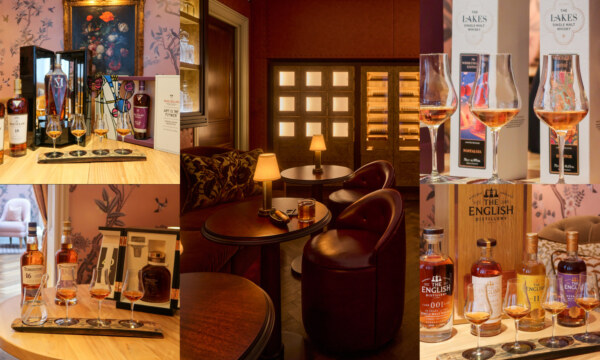
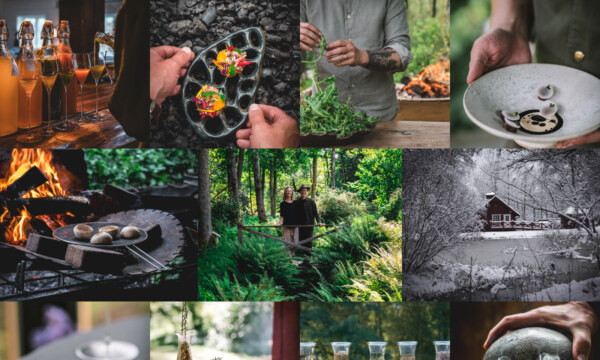
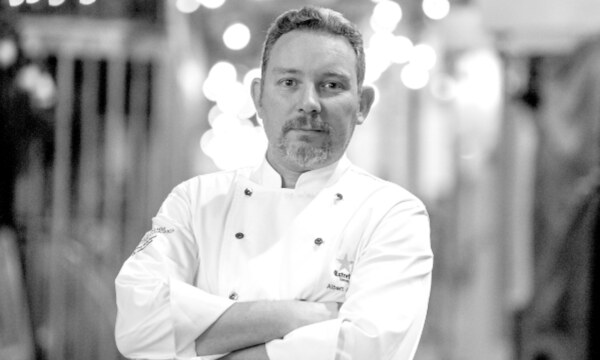
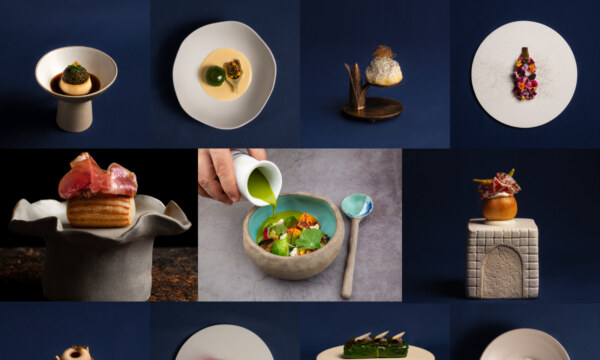
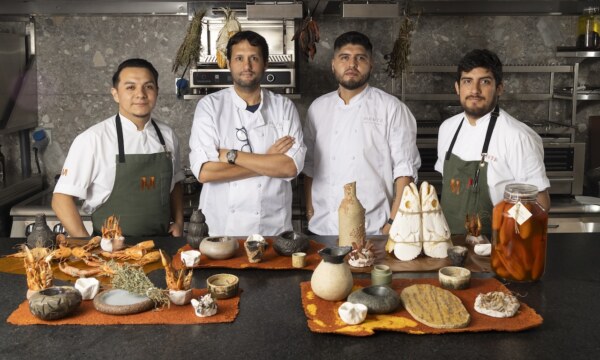
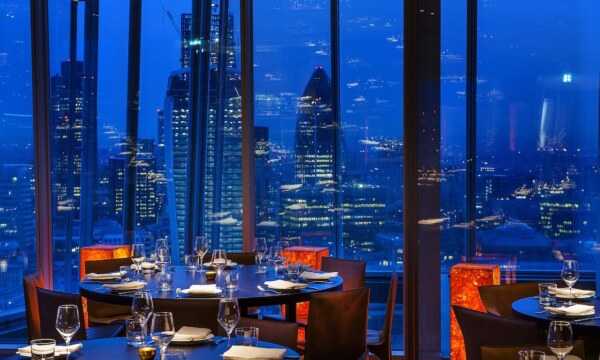
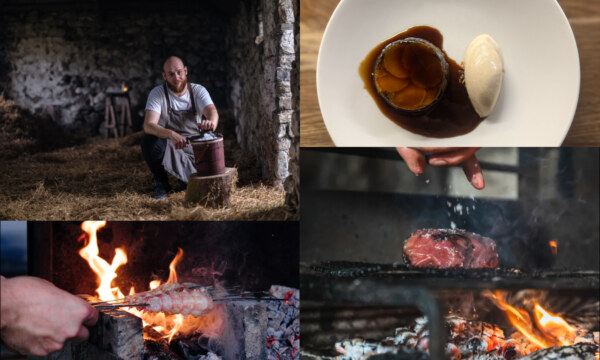
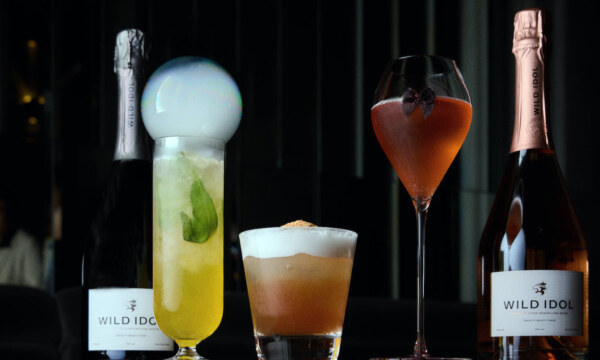
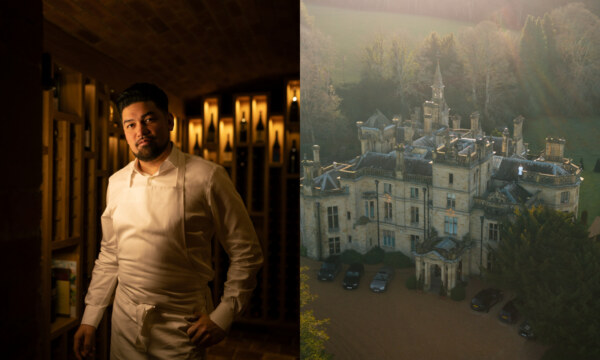
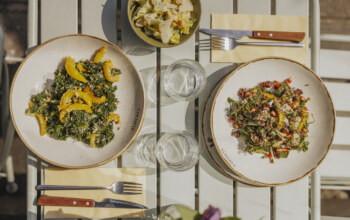


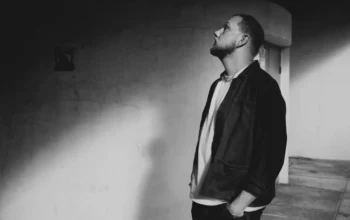

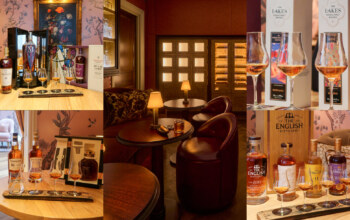
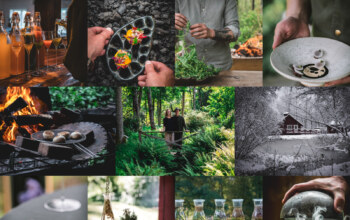
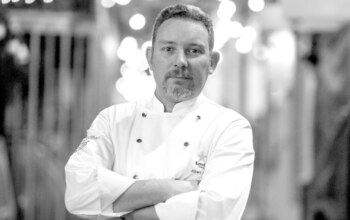
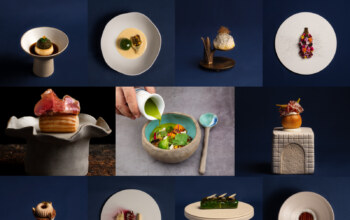




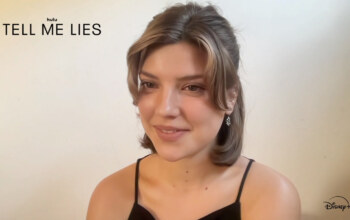
Facebook
Twitter
Instagram
YouTube
RSS